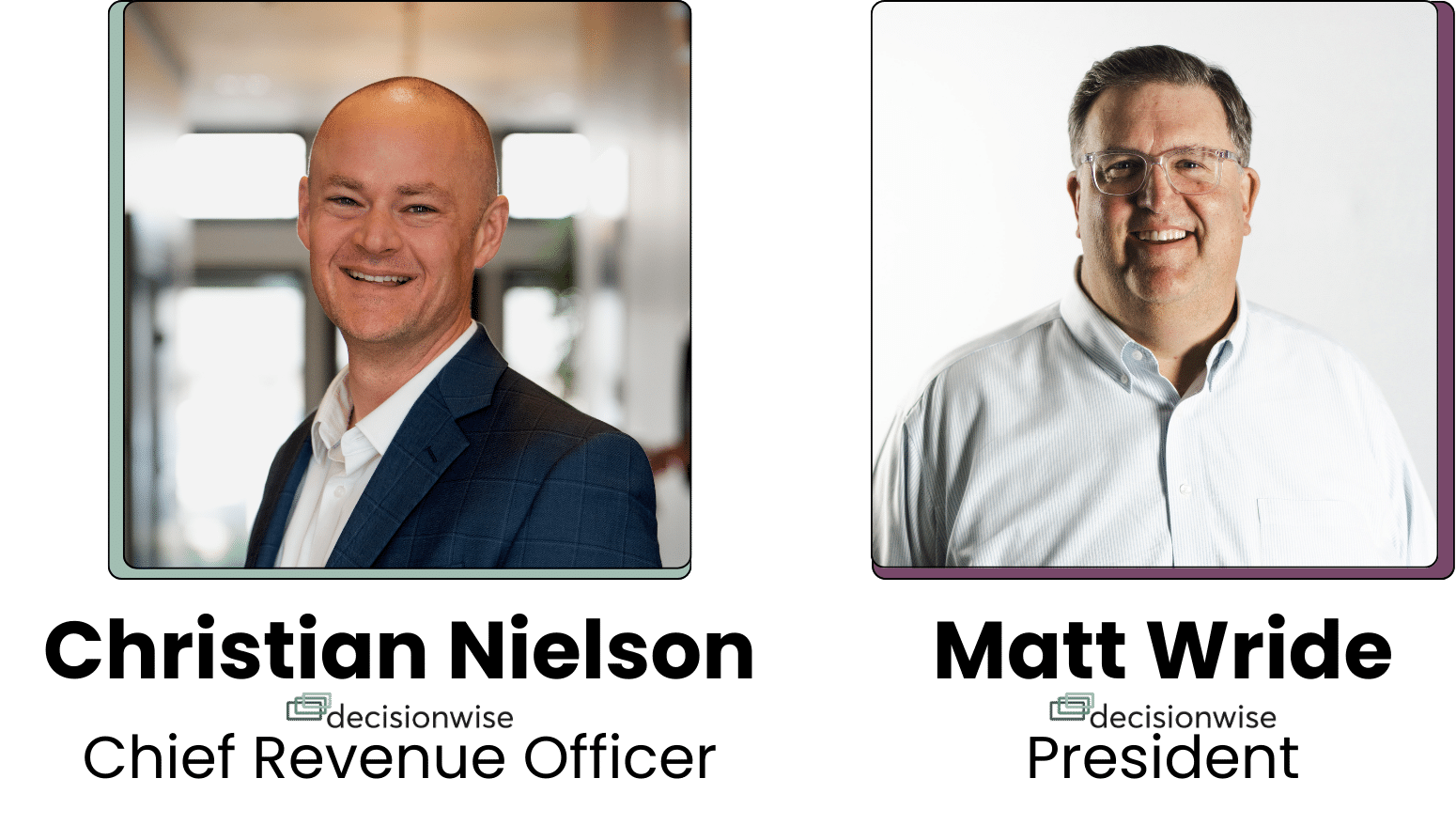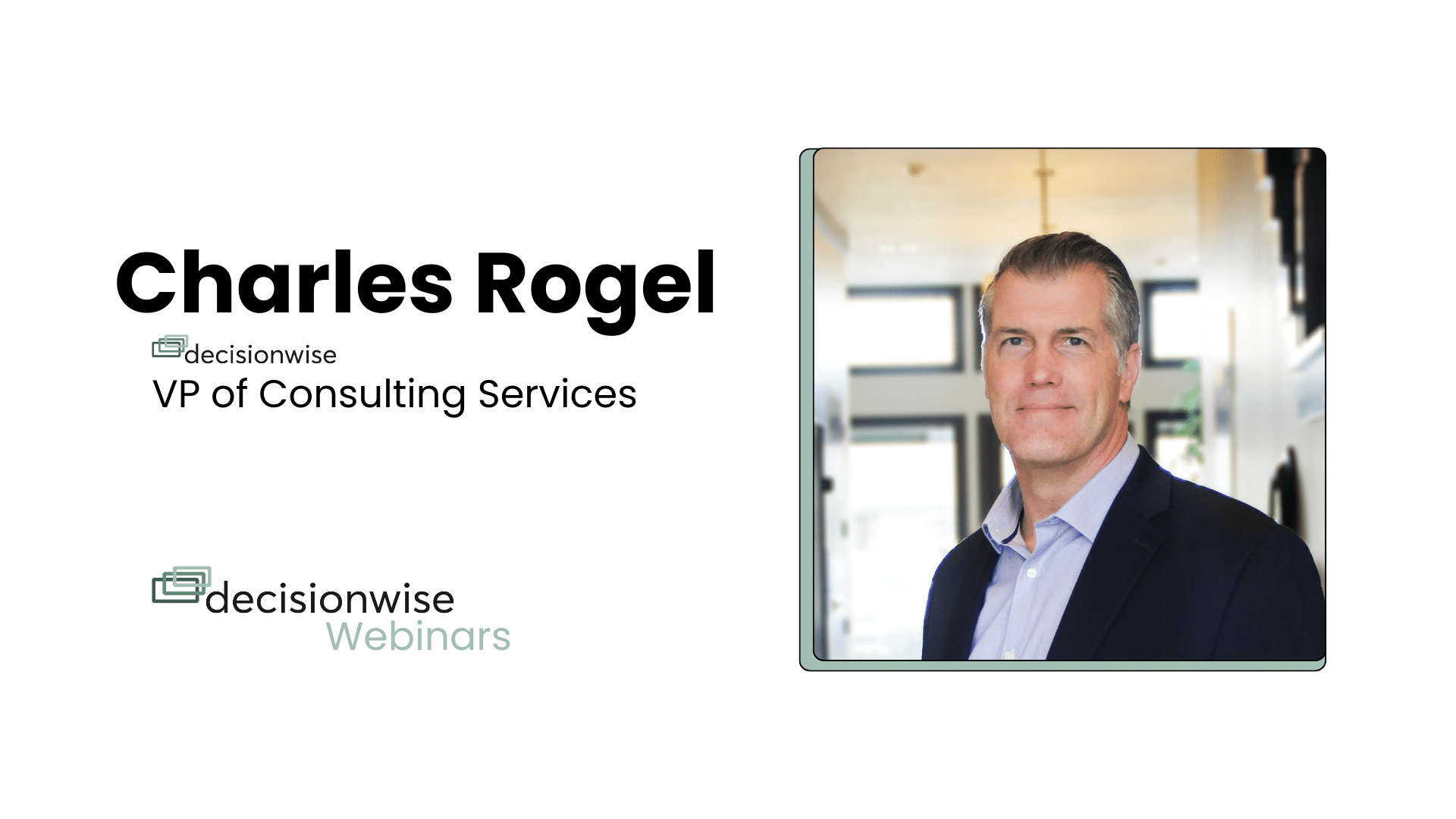Employee engagement is a crucial factor in organizational success. A well-designed employee engagement survey can provide valuable insights, foster open communication, and empower your workforce.
Several years ago, Scott Judd, Eric O’Rourke, and Adam Grant, experts in the field of people analytics and organizational psychology, argued for the continued use of employee surveys. This was their opening question:
“Once upon a time, surveys were a staple for every leader to solicit feedback and every company to assess engagement. But now, surveys are starting to look like diesel trucks collecting dust in the age of electric cars. Companies are using cool new machine-learning algorithms that crunch big data to measure employee engagement through email response times and network connections outside one’s core team, and forecast turnover risk by tracking signals like how often employees update their resumes. Who needs a clunky, time-consuming survey where some employees only tell you what you want to hear, and others don’t bother to respond at all?
You do.” (emphasis added)
We could not agree more! When employees feel connected and committed to their workplace, they perform at their best, leading to several positive outcomes. Our database of over 50 million responses shows that engaged companies benefit in the following ways:
- Enhanced Productivity: Engaged employees put in more effort, going beyond mere tasks.
- Reduced Absenteeism: When employees are engaged, they are less likely to take unplanned leaves.
- Lower Turnover: Engaged employees tend to stay longer.
- Increased Profits and Improved Customer Satisfaction: Happy and satisfied employees build better products and go the extra mile to make customers raving fans. All this equates to increased sales and lower customer churn.
In this article, we’ll explore some best practices for creating an effective survey that will capture the pulse of your organization.
- Clear Objectives. Before crafting your survey questions, define the purpose and objectives. Are you measuring employee engagement, identifying areas for improvement, or gathering feedback on specific initiatives? Having clear goals ensures that your questions align with your objectives.
- Confidentiality. Employees must feel comfortable sharing honest opinions. Ensure confidentiality to promote candid responses without fear of repercussions. This trust is essential for obtaining accurate feedback. The need for confidentiality is why many clients use our platform and services at DecisionWise. As a third party, we are able to best protect confidentiality.
- Relevant and Focused Questions. Craft questions that directly relate to your objectives and are easy to comprehend. Avoid vague or leading language that might skew results. Keep the survey concise to maintain participant engagement.
- Balanced Question Types. Use a mix of question types:
- Multiple-choice: Provides quantitative data.
- Rating scales: Allows employees to express their opinions on a scale (e.g., 1 to 5).
- Open-ended: Gathers qualitative insights.
- Realistic Length. Keep the survey concise. Long surveys can lead to survey fatigue and reduced response rates. Focus on essential questions that yield meaningful results.
- Test Before Launching. Pilot the survey with a small group to identify any issues or confusing questions. Adjust as needed before rolling it out to the entire organization.
- Communicate Results and Take Action. Share survey results transparently with employees. Use the insights to drive meaningful change. Regularly update employees on progress and actions taken based on their feedback.
Remember, designing an effective employee engagement survey involves clarity, relevance, and neutrality. Craft questions that address specific organizational needs and empower your workforce to thrive. By focusing on precise, actionable survey questions, you’ll unlock valuable insights into your workforce’s overall engagement and satisfaction.

DecisionWise is Here to Help you Succeed
Spectiv, our employee listening platform has been purpose-built by HR Professionals with over 25 years of experience to facilitate easy and automated employee engagement surveys. We make it easy with robust topic libraries to ensure the right questions are being asked and years of industry benchmarks compiled to allow you to easily identify the areas that need improvement.




